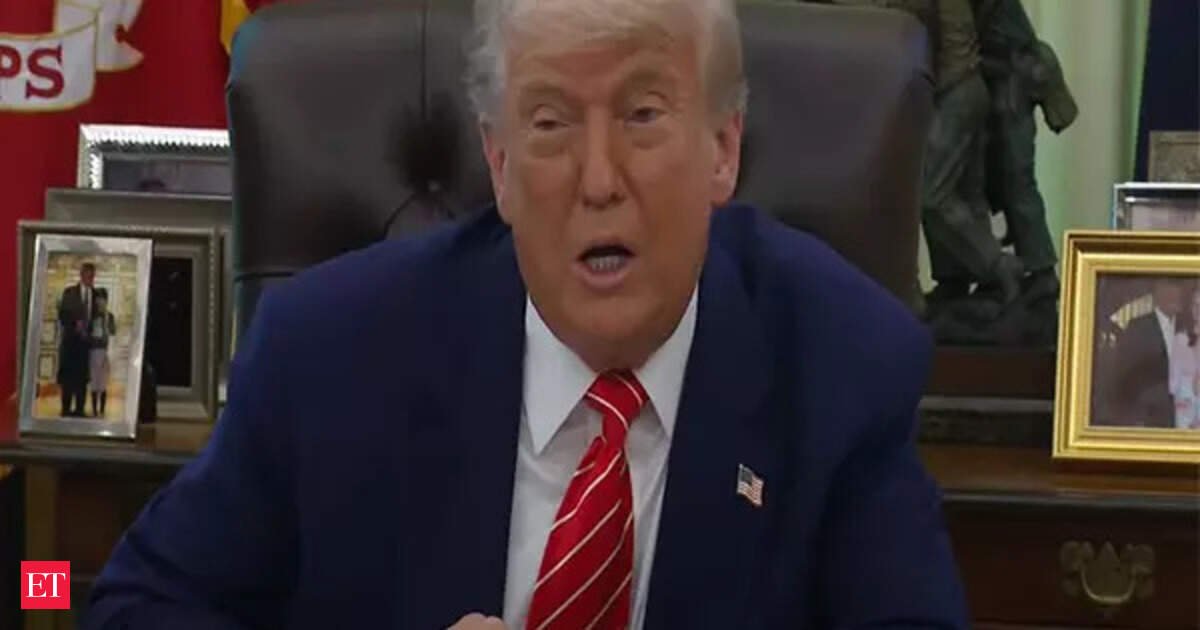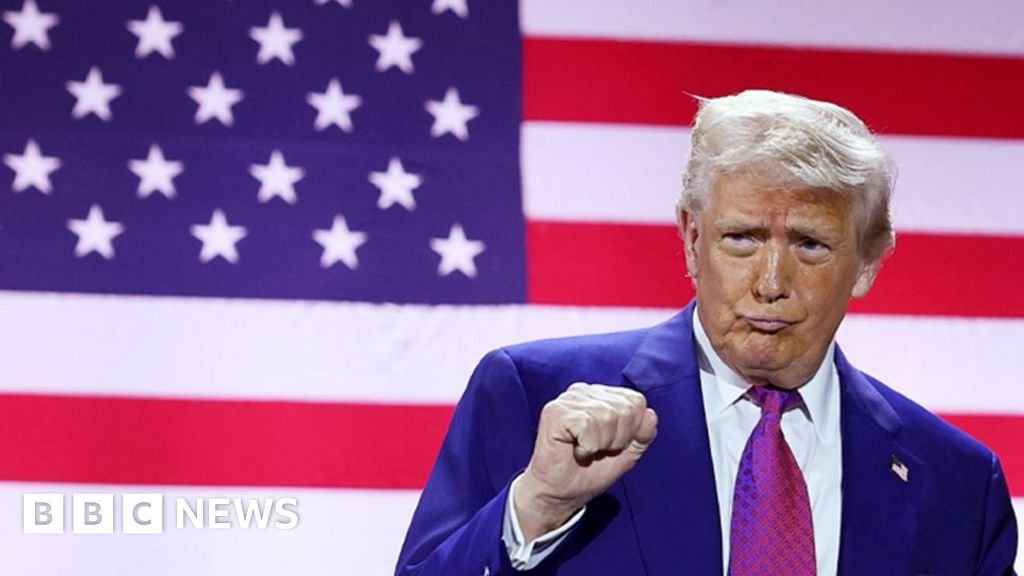Now Reading: US Travel Ban: Trump plans new restrictions on 36 more countries in expanded crackdown
-
01
US Travel Ban: Trump plans new restrictions on 36 more countries in expanded crackdown
US Travel Ban: Trump plans new restrictions on 36 more countries in expanded crackdown

The directive was sent out over the weekend in a diplomatic memo signed by Secretary of State Marco Rubio. It instructs U.S. diplomats to give listed countries until 8 a.m. Wednesday to submit initial action plans to meet stringent new security and identity verification requirements.
Targeted nations: Africa dominates the list
The memo identifies a wide range of countries now under review. Twenty-five are in Africa, including Egypt, Ethiopia, Djibouti, and Nigeria. The Caribbean nations of Antigua and Barbuda, Dominica, Saint Kitts and Nevis, and Saint Lucia are also named. Others include Bhutan, Syria, Tonga, and Vanuatu.
If these countries do not meet U.S. benchmarks within 60 days, they could face bans similar to those enacted earlier this month under Trump’s executive order.
What the memo says: Overstays, fraud, and non-cooperation
The internal cable raises several concerns. According to the memo, “The Department has identified 36 countries of concern that might be recommended for full or partial suspension of entry if they do not meet established benchmarks and requirements within 60 days.”
Some nations reportedly lack a “competent or cooperative central government authority” to issue reliable identity documents. Others are flagged for “widespread government fraud,” failing to accept deported citizens, or high numbers of visa overstays.The memo also cites problematic citizenship-for-investment programmes and “antisemitic and anti-American activity in the United States” by nationals of some countries.
A wider pattern: Travel bans as a political tool
This expansion follows Trump’s June 4 proclamation, which banned entry from 12 countries including Afghanistan, Iran, and Somalia, and restricted seven others. During his first term, Trump imposed a controversial travel ban on several Muslim-majority countries. That policy was eventually upheld by the U.S. Supreme Court in 2018 after legal challenges.
Now in his second term, Trump has revived and expanded his earlier agenda.
“This administration continues to single out African and Caribbean countries in a way that is deeply troubling,” said a Democratic congressional aide.
Critics from civil rights groups and Democratic lawmakers argue that the new list shows a discriminatory trend, disproportionately targeting countries in the Global South. They say it echoes earlier bans rooted in xenophobia.
While the White House has not officially commented on the proposed expansion, the president has stated on multiple occasions that he intends to make the ban “bigger than before.”
The State Department, when asked by Reuters and The Washington Post, declined to discuss the memo, stating only that it regularly “reevaluates policies to ensure Americans are safe and foreign nationals abide by the law.”
What comes next: Countdown to compliance
Nations on the list must now act quickly. They’ve been given 60 days to meet U.S. demands. An initial response is due within days.
Failure to comply could trigger a travel ban that bars their citizens from U.S. entry altogether, reshaping not only diplomatic ties but also the lives of thousands who travel to the U.S. for education, work, and family.
This move would also likely ignite legal battles in U.S. courts and intensify global criticism of America’s immigration posture under Trump’s leadership.
List of countries facing possible US travel ban
Angola, Antigua and Barbuda, Benin, Bhutan, Burkina Faso, Cabo Verde, Cambodia, Cameroon, Côte d’Ivoire, Democratic Republic of Congo, Djibouti, Dominica, Egypt, Ethiopia, Gabon, The Gambia, Ghana, Kyrgyzstan, Liberia, Malawi, Mauritania, Niger, Nigeria, Saint Kitts and Nevis, Saint Lucia, São Tomé and Príncipe, Senegal, South Sudan, Syria, Tanzania, Tonga, Tuvalu, Uganda, Vanuatu, Zambia, Zimbabwe.


















































